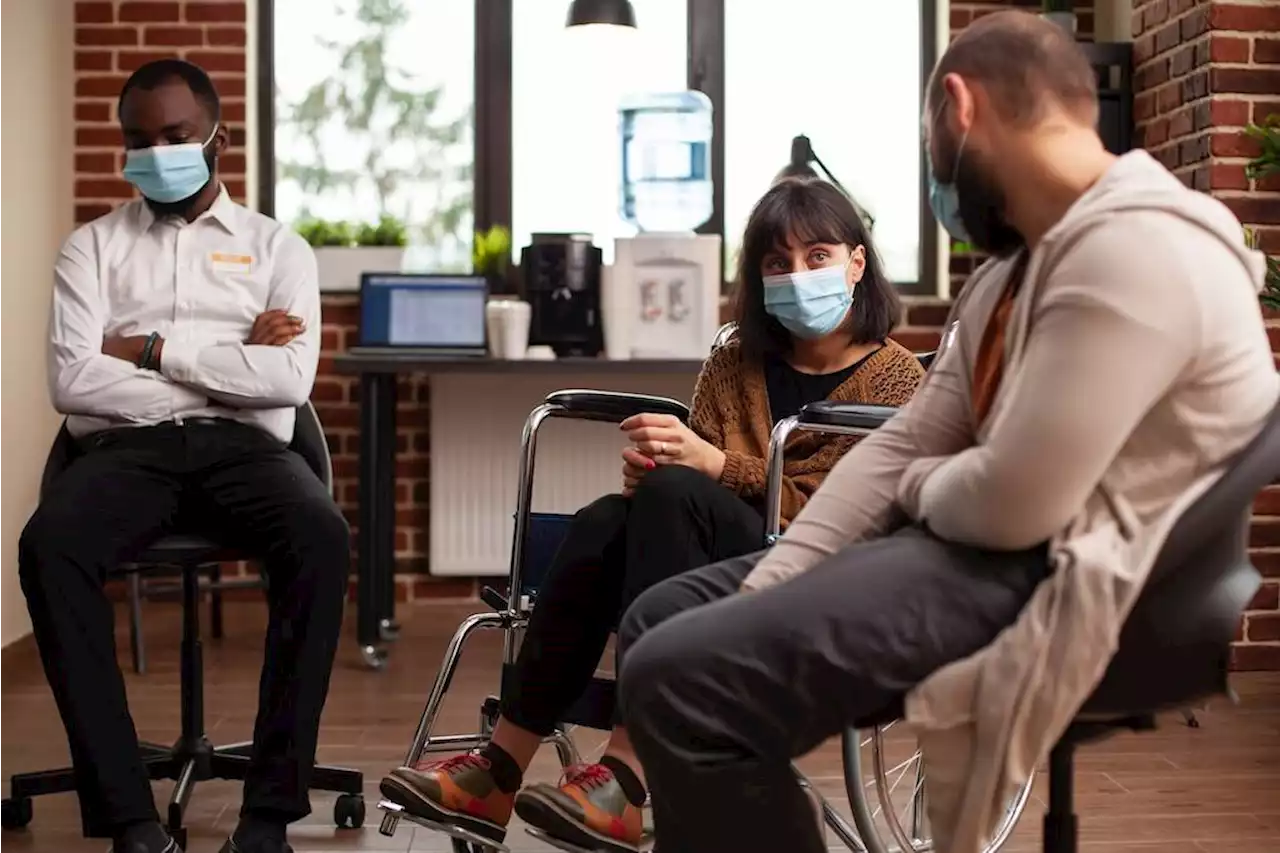OPINION: A number of paradigm shifts around mental health are well underway. One life-saving response has been the evolution of tele-mental health care, which became essential in the early days of the pandemic and quickly gained legitimacy and popularity.
, which was passed into law, mandates mental health education in public schools from qualified instructors.
These sobering findings are compounded by another major pandemic trend: the “Great Resignation.” For many providers, being “in the trenches” is where the work happens. Ironically, the Old English meaning of service — “of religious devotion” — encompasses what calls many to service. Still, mental health care providers are not immune to burnout and exhaustion.
The quality and effectiveness of mental health services vary widely. Psychotherapy research consistently shows high drop-out rates: Approximately 50% of patients leave early. Novice clinicians are most likely to lose patients with some reporting drop-out rates of 75%. Well-trained and well-compensated licensed mental health professionals can help counter this disturbing trend.
To be sure, this sentiment does not negate the immense pain of the pandemic, especially among marginalized populations who have suffered disproportionately. However, psychologically, the pandemic has leveled the playing field. From world leaders to service workers, we have all been part of a collective trauma.
